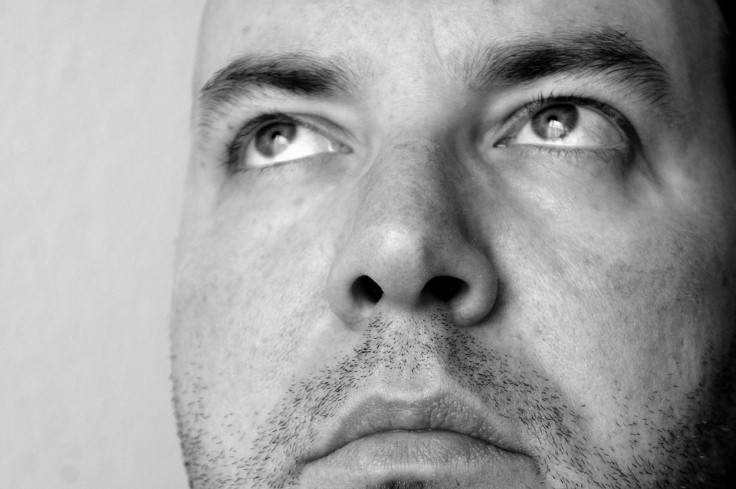COVID-19: Nose picking proves more dangerous than merely being a bad habit
Nose picking can create tiny cuts in the nasal cavity and bring contact into the capillary bed, which can become the conduit for viral particle infection.
Nose picking may not only be a gross bad habit, but it can also be a means for one to contract the dreaded novel coronavirus and other infections.
Indeed, nose-picking is not only unsanitary, but it actually exposes an individual to SARS-CoV-2. Dr. Paul Pottinger, University of Washington School of Medicine professor and an infectious disease specialist, said that the habit can invariably transfer the germs or virus that has latched on to the fingertips into the nose. One may be picking his nose to get rid of the dirt, but he may not know that what is really happening is the opposite.
Three of the main entryways of coronavirus into the body are the nose, eyes, and mouth. Dr. Cedric Buckley, a molecular virologist at the Jackson State University in Mississippi, said that nose picking can create tiny cuts in the nasal cavity, particularly in the epithelial lining. Hence, a breach in the said barrier brings contact into the capillary bed, which, Buckley explained, "becomes the conduit for viral particle infection." He said that the best way that one could get rid of the icky boogers is through blowing the nose into a tissue, then washing the hands. This would be the best way instead of picking the crusts.
While nose picking is a bad habit of many, as an old study noted, the pandemic must be reason enough to be serious about breaking it. One clinical professor of psychiatry at Stanford University in California, Dr. Elias Aboujaoude, noted that there are some people who have this "body-focused repetitive behavior." Examples include skin picking, nail-biting, hair-pulling, and nose picking.
Dr. Aboujaoude said that when these habits result in an impairment to someone's professional or personal life, it can already be a clinical disorder which may require therapy, CNN reported.
The treatment is called habit reversal therapy. It is a cognitive behavioural therapy, which many psychiatrists utilise to help people deal with body-focused repetitive behaviours. The treatment increases awareness of the behaviour, as well as the consequences thereof. It works by substituting the habit with a less-damaging "competing response." Some substitutes include making a fist with the hand and holding it, as well as squeezing a stress ball.
© Copyright IBTimes 2024. All rights reserved.






